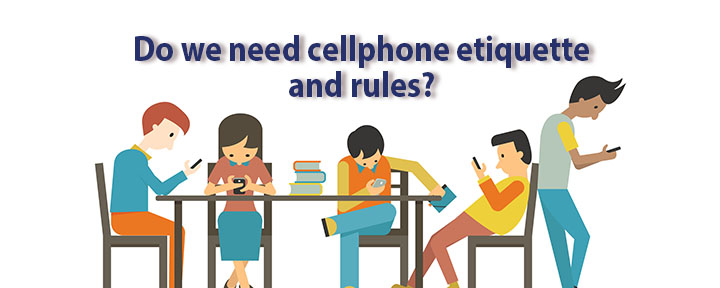
Cellphone usage has become an addiction for teens (and parents). Kids even check their phones for text messages while they are physically with friends and family for fear of missing out (FOMO). The stress of constantly checking Instagram and texts puts kids in limbo while they try to multitask — unsuccessfully.
You’re not alone if you feel a little rejected when your kids find their communication with others to be more important than with us. Whatever happened to etiquette? Remember when giving eye contact while talking with friends was expected? Seems like teens today have their heads buried in their phones and don’t even bother glancing in our direction while “talking” to us.
So you believe them when they tell you they’re successfully juggling homework assignments, preparing for tests, and learning concepts while checking and responding to text messages? Umm, nope! They’re barely doing the work and glazing over notes while steeped in drama with their friends. On the surface, they may push around papers, zip over worksheets, and make a poor attempt at preparing for tests. But we know our precious kids can do better.
How can they really comprehend difficult concepts or problem solve when they are disrupted about every 30 seconds to gaze at their phones causing them to completely lose focus? Half a minute isn’t long enough to delve into anything – especially when they’re hoping to get a text from a friend.
When confronted with their addiction to their phones, teens can become angry and defensive. They’ll claim that they hardly use their phones and that texting doesn’t interfere with their concentration or work performance. That’s why you need to be the parent and set up new family cellphone rules. By forcing them to take a break from the constant pressure of social media, their school performance will improve as well as their attitudes.
Place all phone chargers in the kitchen or a central location, and set up a simple schedule for phone usage. Phones need to be in chargers except for designated times.
Try this for teens:
30 min before school
(if they get up early enough to make their beds, get dressed, eat breakfast, and pack their lunches)
30 min after school
(during transportation home while in vehicle or walking home)
30 min after dinner
(no cell phones at the dinner table)
60 min max after homework is complete
(if time allows; phones need to be in charger at a designated bedtime)
Make a policy for all family members, yourself included, to be a good role model and to avoid major collisions about fairness. Those who don’t abide by the rules, lose their phone privileges for a day. Lock the phone in a safe or take it with you. You can set up a more lenient schedule for weekends to give them some freedom to soak up social media but monitor the amount of time; especially if they have studying and homework to complete. Set up perks like getting phone upgrades if they abide by phone schedules.
You’ll find that your teens will be more engaged in discussions at home, their grades will improve, they’ll get more sleep, and they’ll be generally more peaceful. Of course, they’ll never admit it, but you’ll know.
